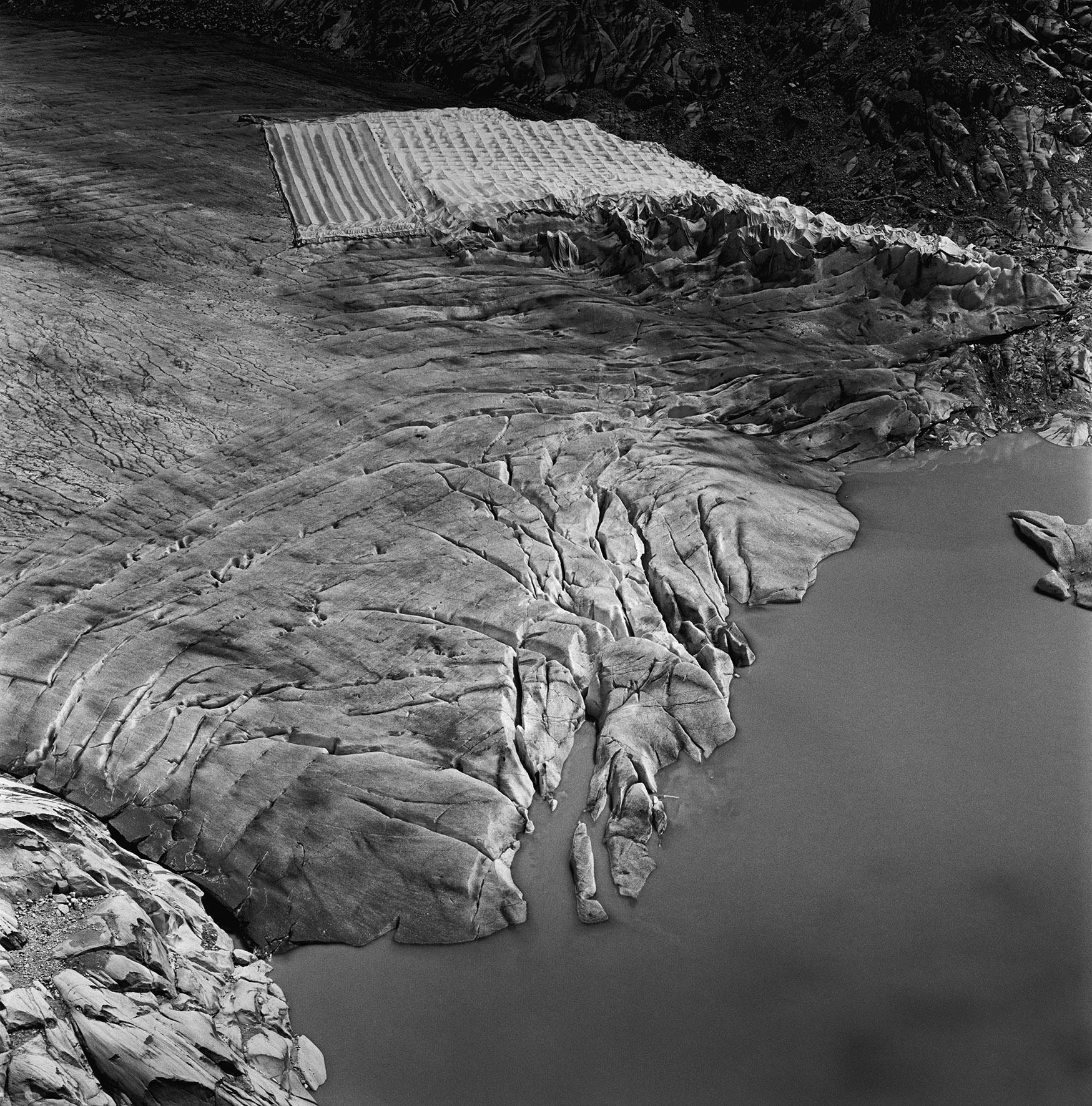
Swiss government rejects call to ban fossil fuels

The government says a proposed ban on the use of fossil energy resources is not necessary to reduce Switzerland’s net carbon emissions to zero by 2050.
A people’s initiative on banning fossil fuels in Switzerland gathered enough signatures last November to force a nationwide vote. The government’s counter proposal says it can meet the same aims as the so-called glacier initiative without imposing such a ban.
The government had set the zero net carbon emission goal in the summer of 2019. But a fossil fuel ban “goes too far” and would compromise the armed forces, police and rescue services, particularly in hard to reach mountainous regions, it said on Wednesday.
“Exceptions [to a fuel ban] should also be possible if alternative technologies are not economically viable or are only available to an inadequate extent,” read a government statement.
“It’s in Switzerland’s own interest as a vulnerable alpine country to limit the impact of the climate change,” it continued. “The draft counter-proposal takes into account the national security, social acceptability as well as the special situation in the mountain regions.”
Political parties, organisations and institutions have until December to give their opinion on the government’s proposal, before it is sent to parliament for discussion.
A date for a nationwide vote on the proposed constitutional amendments will be set by the government at a later stage.
Also on Wednesday, the government said it would create “special conditions” in Switzerland to foster new technologies that permanently remove CO2 from the atmosphere.

More
Glaciers frozen in time

In compliance with the JTI standards
More: SWI swissinfo.ch certified by the Journalism Trust Initiative





























You can find an overview of ongoing debates with our journalists here . Please join us!
If you want to start a conversation about a topic raised in this article or want to report factual errors, email us at english@swissinfo.ch.